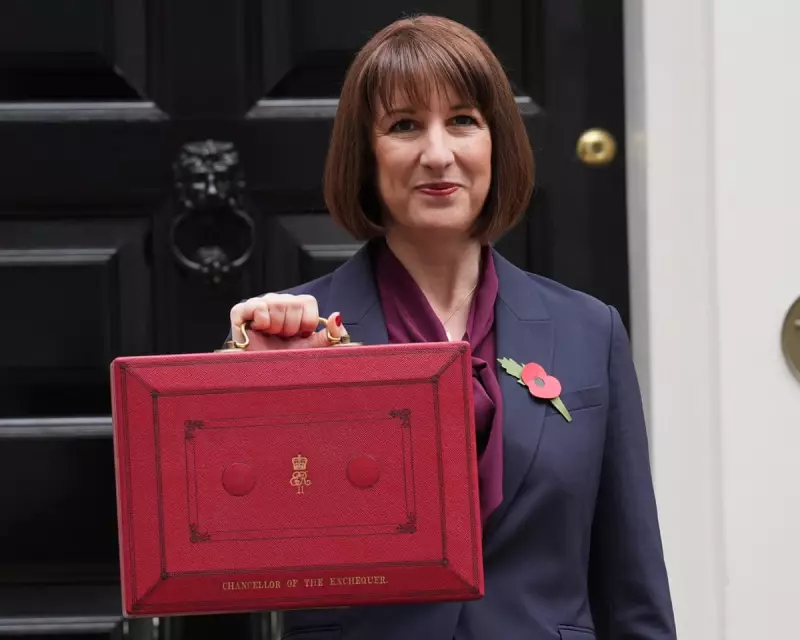
Interactive Budget Game Reveals Surprising Economic Solutions
A participant in the Guardian's interactive budget game has demonstrated that politically challenging economic decisions might be simpler than they appear. The simulation, which allows users to experiment with various fiscal policies, showed that creating substantial surplus while implementing popular reforms is entirely achievable.
The Winning Formula: Fair Taxation and Bold Reforms
One reader, Mark Bellchambers from Crawley in West Sussex, managed to generate an impressive £26 billion surplus while simultaneously reducing the basic rate of income tax to 19% and abolishing the controversial two-child benefit cap. This remarkable feat was accomplished through a series of carefully balanced policy changes that prioritised fairness while maintaining economic stability.
The successful strategy involved several key measures: limiting pension relief to 20%, closing capital gains tax loopholes, increasing taxation on gambling revenues, implementing council tax reform, and introducing new levies on banking institutions. What makes this approach particularly noteworthy is that all these measures passed what Bellchambers described as "the fairness test" while remaining acceptable to both the general public and financial markets.
Political Will Versus Practical Solutions
In his letter published by the Guardian, Bellchambers directly challenged Chancellor Rachel Reeves, suggesting that the main barrier to implementing such popular and economically sound policies is political will rather than practical feasibility. His experience with the budget simulation demonstrates that improving the circumstances of ordinary people through thoughtful fiscal policy doesn't require impossible choices or economic trade-offs.
The budget game, which might initially appear as merely an entertaining diversion, has revealed substantive insights into economic policymaking. By allowing users to experiment with different combinations of taxation and spending measures, it illustrates how balanced approaches can achieve multiple objectives simultaneously.
This demonstration comes at a crucial time for economic policy in Britain, showing that solutions exist which could satisfy both public demand for improved services and tax relief, while maintaining the confidence of international markets through responsible fiscal management.





